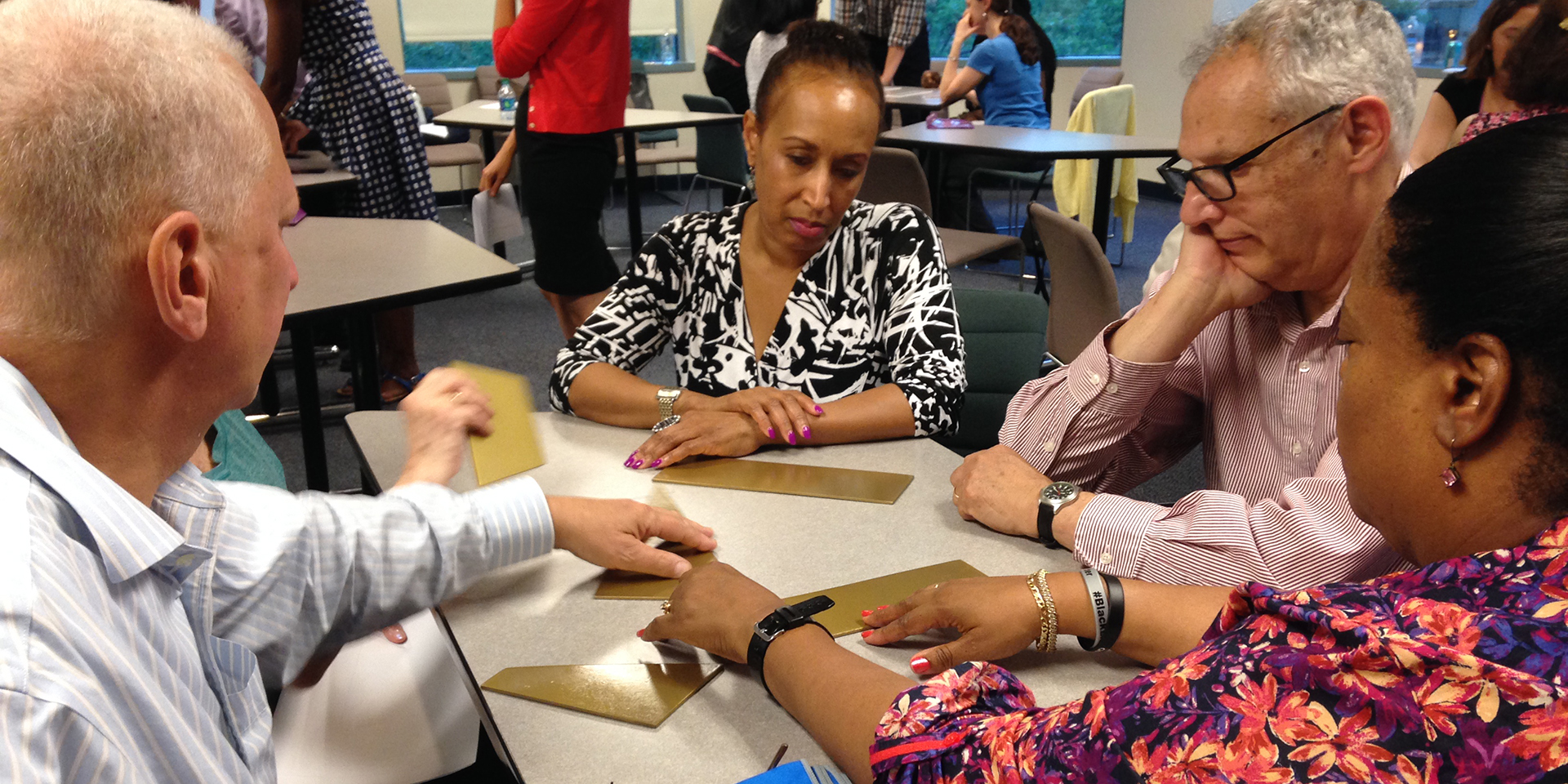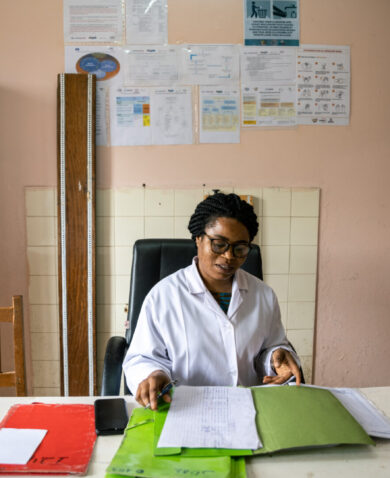
Having Fun Learning: Team Development Games that for Some Reason Work Around the World
July 11, 2017 | 3 Minute ReadA good team-building exercise leaves participants warmed up and ready to learn. But not all games work in every country.
In the late ‘80s, I set off for Nigeria to prepare a team of trainers who would eventually facilitate week-long courses on supervisory skills for family planning supervisors under the USAID-funded Family Health Services project. I had never been to Nigeria, or anywhere else in Africa for that matter. By that time, I had a fair amount of training and facilitation experience, but mostly in Latin America. What would it be like in Nigeria? Could I use the same training games that I had used successfully in Latin America? After all, most of them worked pretty well when I tried them in two European countries, and these same games worked in the Middle East. I didn’t know why I was able to use them successfully in all these different places or why the participants seemed to enjoy them, but they did.
So, I gave it a try. I played these games with my team of new Nigerian trainers. After some minor tweaks to instruction delivery, we used those games in all of the supervisory skills training sessions, and they worked well every time. Over the years as I continued doing development work, I incorporated more games and exercises into the mix. Some went into my toolkit permanently, some didn’t. It seemed that even if the exercise was challenging, the instructions and what we were trying to achieve by using them had to be relatively easy to understand and follow. As my toolbox grew, I selected particular ones for work-planning workshops, team-building sessions, and management and leadership programs and used them with local teams in countries from Peru to Mozambique to Azerbaijan, and they translated well. One thing was consistent across countries — the participants were all adults. In each place they laughed, they struggled, they collaborated, they competed — and they played, they had fun, and they learned.
I shared this phenomenon with Mark Sachs, a colleague and friend who leads the Chesapeake Bay Organization Development Network (CBODN) DC Area OD Practitioners Community of Practice. He asked if I would do a session on these games that work around the world, especially on international development programs. I enlisted a co-facilitator, my Global Health Division colleague Alexis Katzelnick-Wise, so that we could easily manage a group of more than 20 participants. Who knew there would be so much interest in this topic? As we prepared for this 90-minute session, we selected a variety of individual, small-group, and large-group games from my toolbox.
As we developed our session plan, we wondered what these games and exercises had in common. Would that help explain why they seemed to work with different cultures? The participants were all adults so we started there, and reached an “aha” moment. We looked up information on adult learning, specifically Malcolm Knowles’ six main characteristics of adult learners, which I had learned about years before when I was just starting my training career. Here is what Knowles said: adult learners are typically self-directed/autonomous, they utilize knowledge and life experiences, they are goal-oriented, they are relevancy-oriented, they highlight practicality, and they encourage collaboration. The group exercises all seemed to bring out or match those characteristics. We hypothesized that the best games to use with adults cover these six areas. There are probably other, more theoretical bases, but at least we had one explanation.
We discussed this notion with the participants and they found it a plausible rationale but also noted that the games Alexis and I chose also all had a certain level of analytical skills bias. Perhaps so. And a few of the participants had also used some of these games and exercises before and said that they had good luck with them with different types of participant groups (including in the public and private sectors), some from the U.S., some from other countries.
It was fun to watch how engaged everyone got in the games; they were serious players. The time to play the games was way too short but the evaluations showed that folks had fun and learned something, which we were pleased to hear. So it seems that adults around the world are like kids all over — we all like to have fun and if we can have fun learning, so much the better!
So much of our work in development involves building the capacity of others so that the change we are trying to create can live on long after the project is over. It is critical that participants leave training sessions with new or reinforced knowledge and skills as well as the ability to apply those skills, but that is easier said than done. Additionally, while having fun is important in these games, it is equally important to modify these games with culturally appropriate examples for each new group. Over the years I have found that regardless of the subject matter or the level of the participants, games and exercises can enhance the learning experience and make learning fun. And if we have fun, we tend to remember!
















